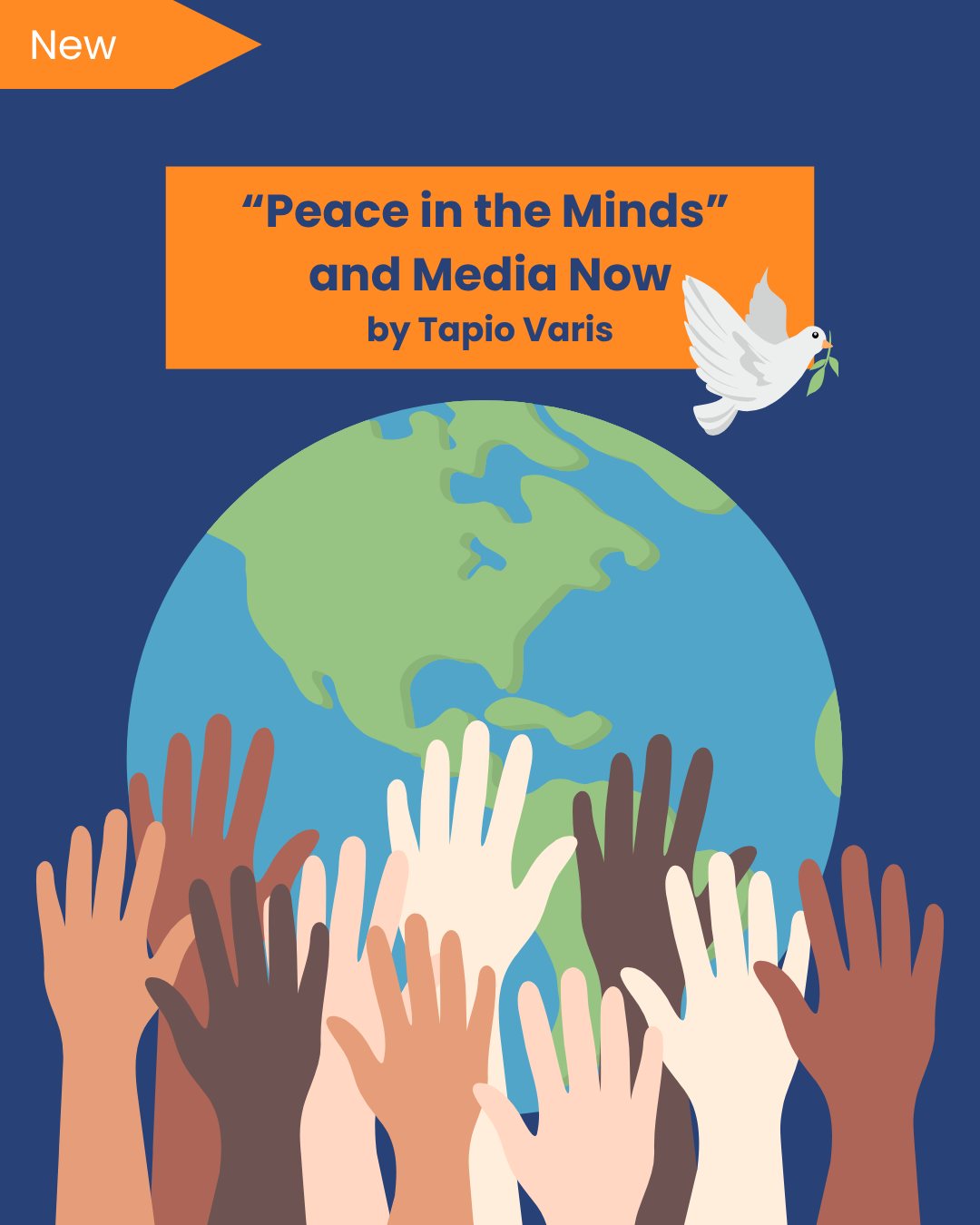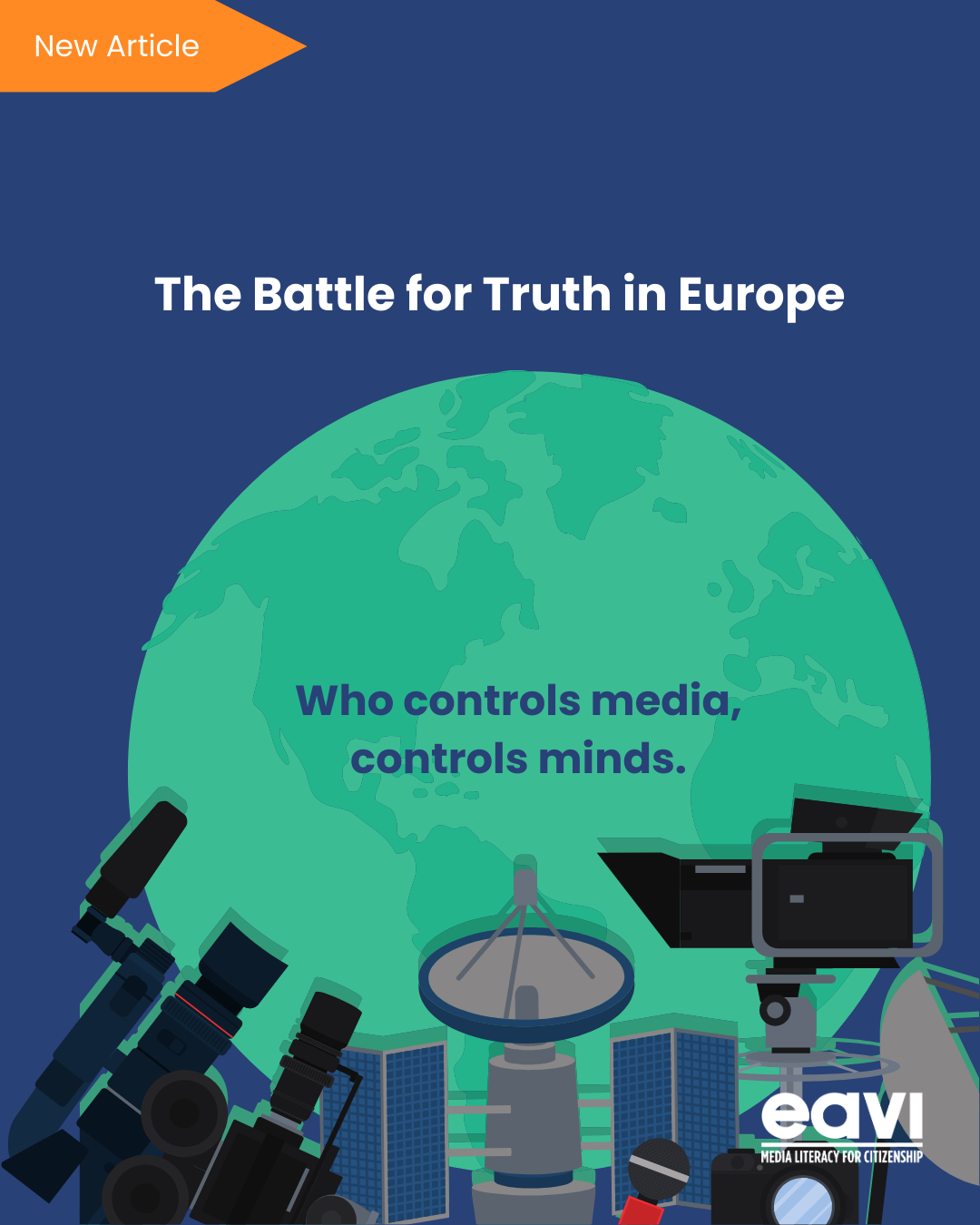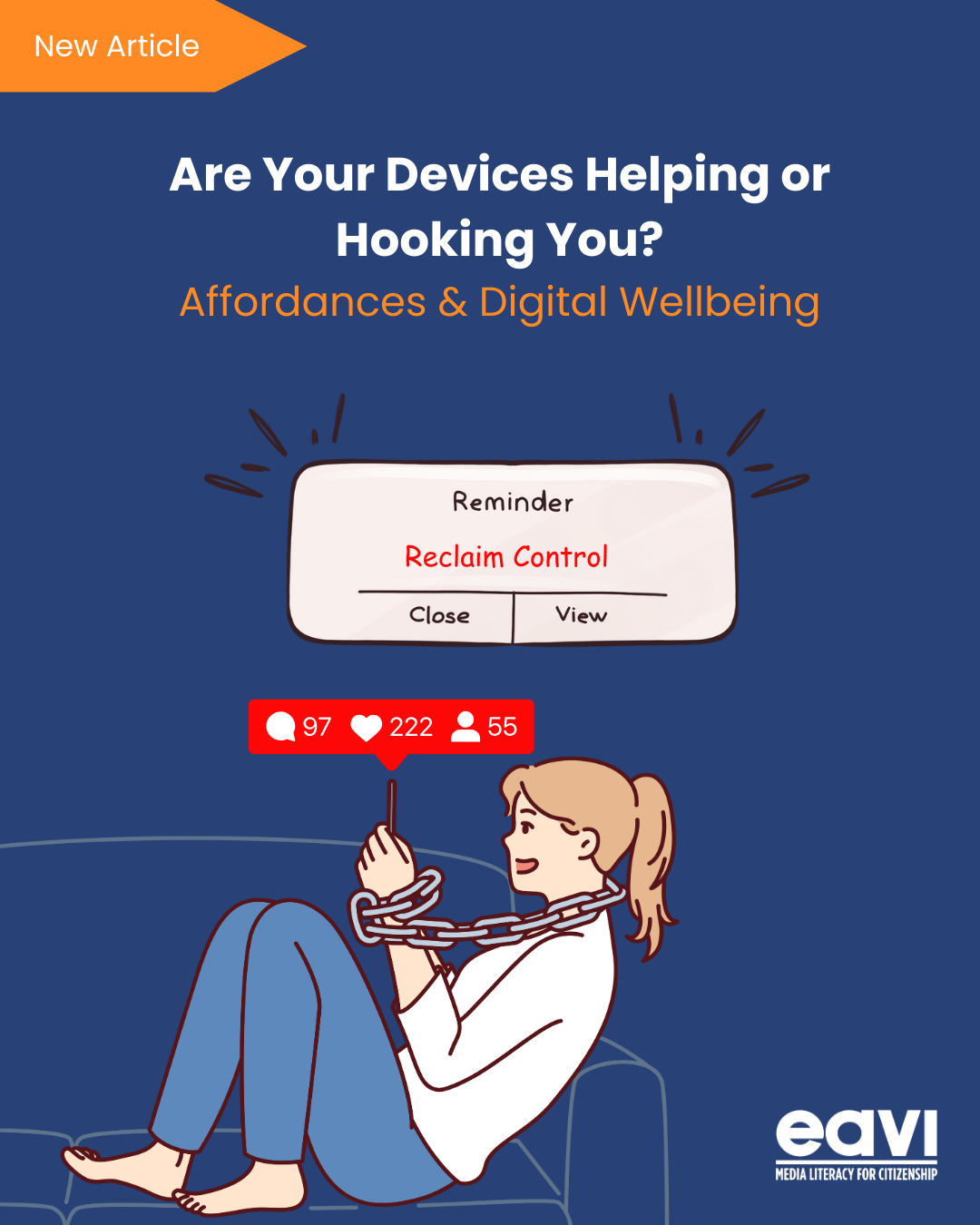Media literacy is predicated on a foundation of certain criteria, without which it cannot exist. One of which is access. Not just in terms of devices, but a capacity to use it. As such, basic, traditional literacy and language skills are as important as an internet connection when it comes to being able to access the media.
Many of the people reading this will have learned English as a second language. Therefore, they know how absurd it is. That there is no good reason why lead and lead should not sound the same. “Two” and “too” and “to” are an assault on human decency. As a native English speaker (and reader), I didn’t notice this at all until I had to read with my small children. I noticed this acutely after a lengthy argument with a six-year old about the word “who”.
The dispute centred around not only the spelling (which is ridiculous), but also the definition. Because “who” does not mean “who” to a six-year old, or at least didn’t when it was spelled like that. “Who” is also, I am told (by a six-year old), the only thing an owl can say, and which therefore means a lot of things. He had to concede that it therefore also meant “who” sometimes. But after ten minutes of vigorous debate, I had to walk away before I set fire to him, my house and every book I own. And my career as a communications officer. Because although he is right, he is wrong.
I experience the same level of existential distress when reading and watching media with Eurosceptic content, and for many of the same reasons. Their logic is as inconsistent as English spelling, and their definitions of the same words are as multifarious as the word “Bow” (take a bow, tie a bow, bow legged, bow and arrow, thank you Wikipedia). Sometimes they make up entirely new definitions of words to suit their meaning, in the same way that they bend facts to fit reality. This muddies an already dirty water.
Take, for instance, the word “bureaucrat”: A noun, meaning an official in a government department, in particular one perceived as being concerned with procedural correctness at the expense of people’s needs (thank you Google). That is its official definition. But it is a word that carries with it an image of grey men spewing diktats from 1970s typewriters in an Orwellian open plan hell. Or officious school secretaries who looked at you like you were some kind of malingering fraud as you sat in her office with a gaping head wound.
However, let us look at the word in the following contexts: “Brussels Bureaucrats discuss Brexit after commons vote” (the UK’s The Sun). “Theresa May needs to get tough with Brussels Bureaucrats” (Fox News). Or “Pro-immigration Buraucrats are safeguarding Soros” (Hungary’s actual Government website). These three headlines refer to the European Parliament, Council and Commission respectively.
To the media literate consumer, bureaucrat’s definition has been stretched so thin as to render it almost meaningless in most contexts, except that it serves as a red flag that the source or speaker is likely biased against whatever organ of governance it is describing. To the media illiterate consumer, however, the European Parliament becomes, in their minds, undemocratic, arbitrary and every bit as cruel and unfeeling as those grey men and school secretaries.
Framing is an important concept. It is the difference between “we have cut crime by 3%!” and “they have cut crime by only 3%”. The same fact, but a different meaning entirely. And the words that are used do just that. Elected parliamentarians cannot, by any reasonable or trustworthy outlet or individual, be described as “bureaucrats”. While the word might be almost accurate to describe their job description – after all, they are responsible for the governance of the EU, it conjures an image at odds with the reality, and one that is designed to pit the individual against the reality. So, although they are right, they are wrong.
In the upcoming EU parliamentary elections, there will likely be a lot of chat about Brussels Bureaucrats in the mainstream and on social media. Let us, therefore, challenge the words that are used. And you, as consumers and citizens, have the right to know what is meant when someone uses the words “sovereignty”, “democracy”, “unelected” and “immigration”, and to challenge that word when it is inaccurate or hyperbolic, whether in comments sections or letters to the editor. Demand better from your media outlets and political discourse.
When I returned to my son following the “who” discussion, I found him prostrate on the middle of the kitchen floor. I asked him what he was doing. He said, “I didn’t know what to do so I lay down”. I’m fairly certain there’s a cautionary tale in there somewhere.
Media literacy is predicated on a foundation of certain criteria, without which it cannot exist. One of which is access. Not just in terms of devices, but a capacity to use it. As such, basic, traditional literacy and language skills are as important as an internet connection when it comes to being able to access the media.
Many of the people reading this will have learned English as a second language. Therefore, they know how absurd it is. That there is no good reason why lead and lead should not sound the same. “Two” and “too” and “to” are an assault on human decency. As a native English speaker (and reader), I didn’t notice this at all until I had to read with my small children. I noticed this acutely after a lengthy argument with a six-year old about the word “who”.
The dispute centred around not only the spelling (which is ridiculous), but also the definition. Because “who” does not mean “who” to a six-year old, or at least didn’t when it was spelled like that. “Who” is also, I am told (by a six-year old), the only thing an owl can say, and which therefore means a lot of things. He had to concede that it therefore also meant “who” sometimes. But after ten minutes of vigorous debate, I had to walk away before I set fire to him, my house and every book I own. And my career as a communications officer. Because although he is right, he is wrong.
I experience the same level of existential distress when reading and watching media with Eurosceptic content, and for many of the same reasons. Their logic is as inconsistent as English spelling, and their definitions of the same words are as multifarious as the word “Bow” (take a bow, tie a bow, bow legged, bow and arrow, thank you Wikipedia). Sometimes they make up entirely new definitions of words to suit their meaning, in the same way that they bend facts to fit reality. This muddies an already dirty water.
Take, for instance, the word “bureaucrat”: A noun, meaning an official in a government department, in particular one perceived as being concerned with procedural correctness at the expense of people’s needs (thank you Google). That is its official definition. But it is a word that carries with it an image of grey men spewing diktats from 1970s typewriters in an Orwellian open plan hell. Or officious school secretaries who looked at you like you were some kind of malingering fraud as you sat in her office with a gaping head wound.
However, let us look at the word in the following contexts: “Brussels Bureaucrats discuss Brexit after commons vote” (the UK’s The Sun). “Theresa May needs to get tough with Brussels Bureaucrats” (Fox News). Or “Pro-immigration Buraucrats are safeguarding Soros” (Hungary’s actual Government website). These three headlines refer to the European Parliament, Council and Commission respectively.
To the media literate consumer, bureaucrat’s definition has been stretched so thin as to render it almost meaningless in most contexts, except that it serves as a red flag that the source or speaker is likely biased against whatever organ of governance it is describing. To the media illiterate consumer, however, the European Parliament becomes, in their minds, undemocratic, arbitrary and every bit as cruel and unfeeling as those grey men and school secretaries.
Framing is an important concept. It is the difference between “we have cut crime by 3%!” and “they have cut crime by only 3%”. The same fact, but a different meaning entirely. And the words that are used do just that. Elected parliamentarians cannot, by any reasonable or trustworthy outlet or individual, be described as “bureaucrats”. While the word might be almost accurate to describe their job description – after all, they are responsible for the governance of the EU, it conjures an image at odds with the reality, and one that is designed to pit the individual against the reality. So, although they are right, they are wrong.
In the upcoming EU parliamentary elections, there will likely be a lot of chat about Brussels Bureaucrats in the mainstream and on social media. Let us, therefore, challenge the words that are used. And you, as consumers and citizens, have the right to know what is meant when someone uses the words “sovereignty”, “democracy”, “unelected” and “immigration”, and to challenge that word when it is inaccurate or hyperbolic, whether in comments sections or letters to the editor. Demand better from your media outlets and political discourse.
When I returned to my son following the “who” discussion, I found him prostrate on the middle of the kitchen floor. I asked him what he was doing. He said, “I didn’t know what to do so I lay down”. I’m fairly certain there’s a cautionary tale in there somewhere.
Media literacy is predicated on a foundation of certain criteria, without which it cannot exist. One of which is access. Not just in terms of devices, but a capacity to use it. As such, basic, traditional literacy and language skills are as important as an internet connection when it comes to being able to access the media.
Many of the people reading this will have learned English as a second language. Therefore, they know how absurd it is. That there is no good reason why lead and lead should not sound the same. “Two” and “too” and “to” are an assault on human decency. As a native English speaker (and reader), I didn’t notice this at all until I had to read with my small children. I noticed this acutely after a lengthy argument with a six-year old about the word “who”.
The dispute centred around not only the spelling (which is ridiculous), but also the definition. Because “who” does not mean “who” to a six-year old, or at least didn’t when it was spelled like that. “Who” is also, I am told (by a six-year old), the only thing an owl can say, and which therefore means a lot of things. He had to concede that it therefore also meant “who” sometimes. But after ten minutes of vigorous debate, I had to walk away before I set fire to him, my house and every book I own. And my career as a communications officer. Because although he is right, he is wrong.
I experience the same level of existential distress when reading and watching media with Eurosceptic content, and for many of the same reasons. Their logic is as inconsistent as English spelling, and their definitions of the same words are as multifarious as the word “Bow” (take a bow, tie a bow, bow legged, bow and arrow, thank you Wikipedia). Sometimes they make up entirely new definitions of words to suit their meaning, in the same way that they bend facts to fit reality. This muddies an already dirty water.
Take, for instance, the word “bureaucrat”: A noun, meaning an official in a government department, in particular one perceived as being concerned with procedural correctness at the expense of people’s needs (thank you Google). That is its official definition. But it is a word that carries with it an image of grey men spewing diktats from 1970s typewriters in an Orwellian open plan hell. Or officious school secretaries who looked at you like you were some kind of malingering fraud as you sat in her office with a gaping head wound.
However, let us look at the word in the following contexts: “Brussels Bureaucrats discuss Brexit after commons vote” (the UK’s The Sun). “Theresa May needs to get tough with Brussels Bureaucrats” (Fox News). Or “Pro-immigration Buraucrats are safeguarding Soros” (Hungary’s actual Government website). These three headlines refer to the European Parliament, Council and Commission respectively.
To the media literate consumer, bureaucrat’s definition has been stretched so thin as to render it almost meaningless in most contexts, except that it serves as a red flag that the source or speaker is likely biased against whatever organ of governance it is describing. To the media illiterate consumer, however, the European Parliament becomes, in their minds, undemocratic, arbitrary and every bit as cruel and unfeeling as those grey men and school secretaries.
Framing is an important concept. It is the difference between “we have cut crime by 3%!” and “they have cut crime by only 3%”. The same fact, but a different meaning entirely. And the words that are used do just that. Elected parliamentarians cannot, by any reasonable or trustworthy outlet or individual, be described as “bureaucrats”. While the word might be almost accurate to describe their job description – after all, they are responsible for the governance of the EU, it conjures an image at odds with the reality, and one that is designed to pit the individual against the reality. So, although they are right, they are wrong.
In the upcoming EU parliamentary elections, there will likely be a lot of chat about Brussels Bureaucrats in the mainstream and on social media. Let us, therefore, challenge the words that are used. And you, as consumers and citizens, have the right to know what is meant when someone uses the words “sovereignty”, “democracy”, “unelected” and “immigration”, and to challenge that word when it is inaccurate or hyperbolic, whether in comments sections or letters to the editor. Demand better from your media outlets and political discourse.
When I returned to my son following the “who” discussion, I found him prostrate on the middle of the kitchen floor. I asked him what he was doing. He said, “I didn’t know what to do so I lay down”. I’m fairly certain there’s a cautionary tale in there somewhere.








































































































































































